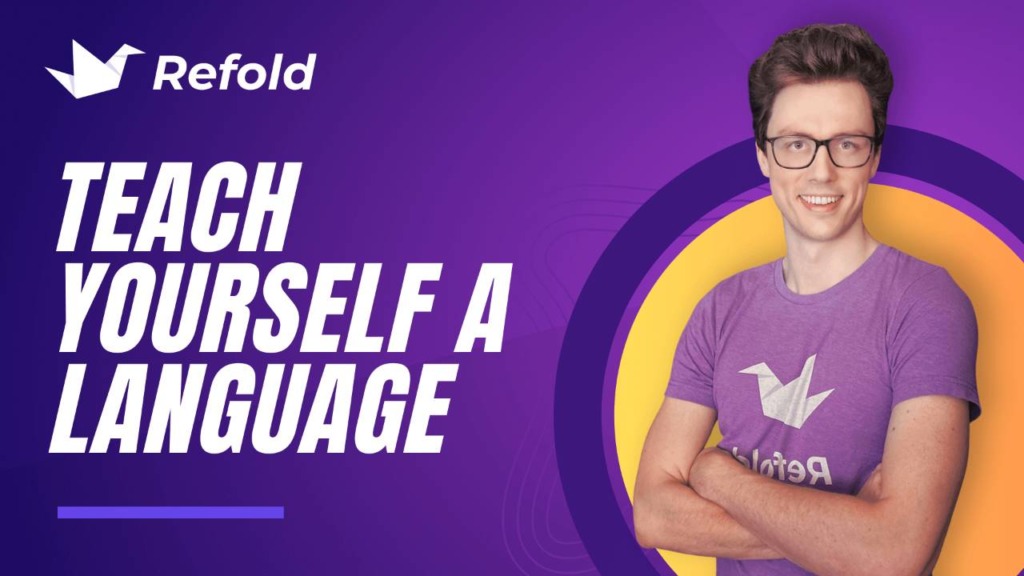So far, you have been reading subtitles. We recommend starting with subtitles for four reasons:
- The visuals of the TV show provide extra context that helps you understand.
- The audio from the TV show lets you hear how the words are spoken as you read them which allows you to develop accurate internal pronunciation.
- Hearing the subtitles pronounced out loud helps you parse the grammar of sentences.
- Subtitles are mostly dialogue so they are easier to understand than blogs or novels.
Once you are comfortable reading subtitles, you can move on to more difficult reading materials.
Pure Text
Pure text means there is no visual or auditory information. Books, blogs, and newspapers are examples of pure text content.
When reading subtitles, the visual information from the TV show helps you follow the story, even if you don’t understand all the words. Reading pure text is difficult because there is no visual context. All the information about the story comes from the words on the page.
Reading pure text is not a requirement for the learning process. You can gain fluency in the language purely from subtitles if you so choose. However, many people prefer reading books over watching TV.
Below we explain how to gradually increase your reading ability until you can read full novels.
Comics
The next step up from subtitles is comic books. Comic books are mostly dialogue-based and use similar language to what you have been learning from TV shows.
Comic books don’t have audio to help you parse the sentences, but they have visuals like TV. The visual context helps with comprehension and makes them a good intermediate step between subtitles and pure text.
Many comic books are available online; they are called “webcomics” and are easily searchable on Google. Join the Refold Discord community for comic suggestions in your target language (TL).
Graded Readers
If you are ready for pure text, we recommend starting with graded readers. Graded readers are novels that have been simplified for children or second language learners. The simplified language helps you overcome the learning curve of pure text.
Once you’ve read a few graded readers, you’ll be much better prepared for reading novels.
Children’s Books
If there are no graded readers available for your language or you aren’t interested in the ones available, you can read children’s books instead.
Don’t be fooled. Just because a book is for children doesn’t mean it will be easy for a second language learner. Children’s books often use fun and interesting words that you probably won’t have learned by reading subtitles.
We don’t recommend reading picture books or books meant for children younger than 7 years old because the language in these books is overly simplified.
Blogs
Another option for pure text is reading blogs and articles on the internet. The language used in blogs isn’t simplified, but the content usually focuses on a single topic. If you already know about that topic, then you can infer the meaning of most unknown words.
How to Read
Just like with reading subtitles in a TV show, you can read pure text as intensive or free-flow immersion. When getting started with novels, we recommend leaning more towards free-flow and only looking up enough words to keep you engaged in the story. Looking up too many words interrupts the flow of reading and stops your brain from absorbing the language.
There are many different strategies for how to read. If you want to learn more, you can find explanations of these strategies in this article.





